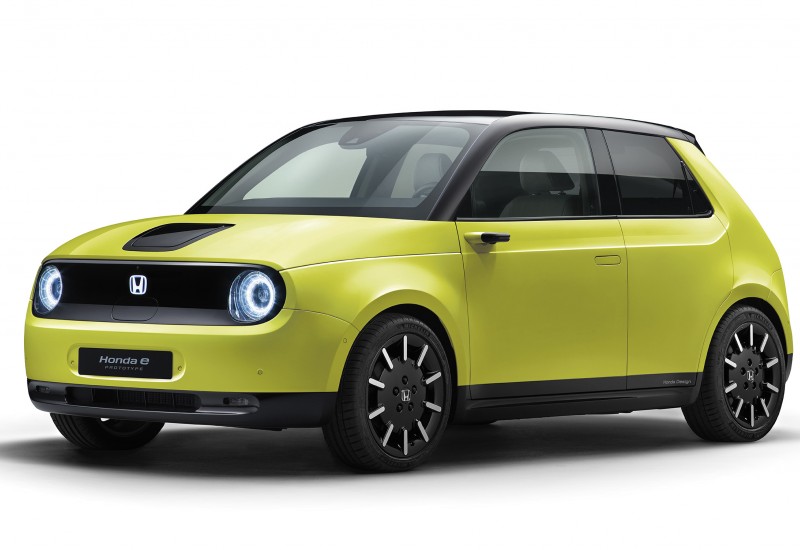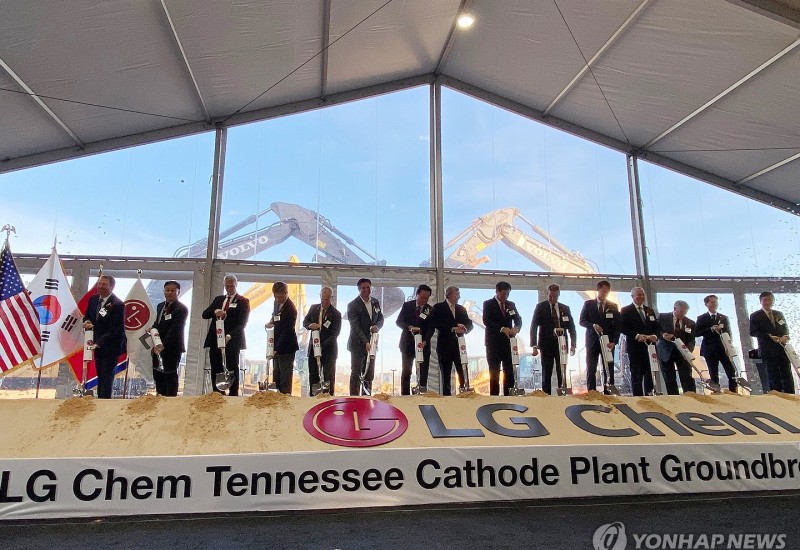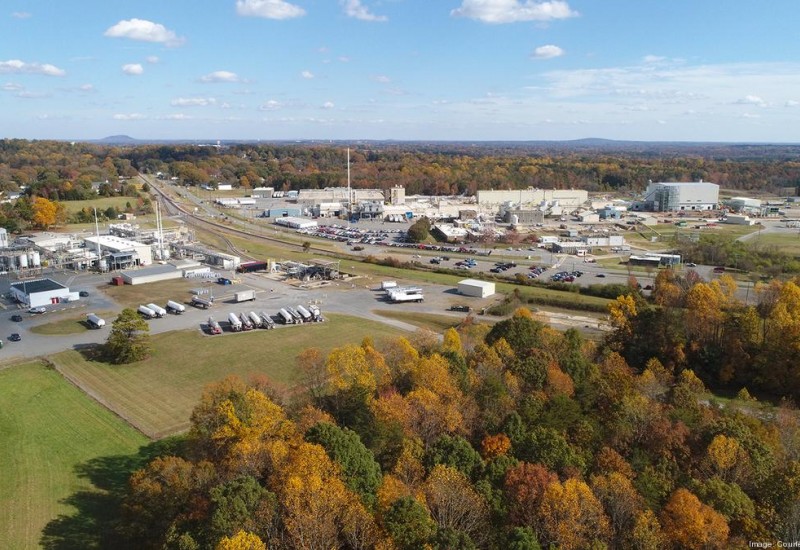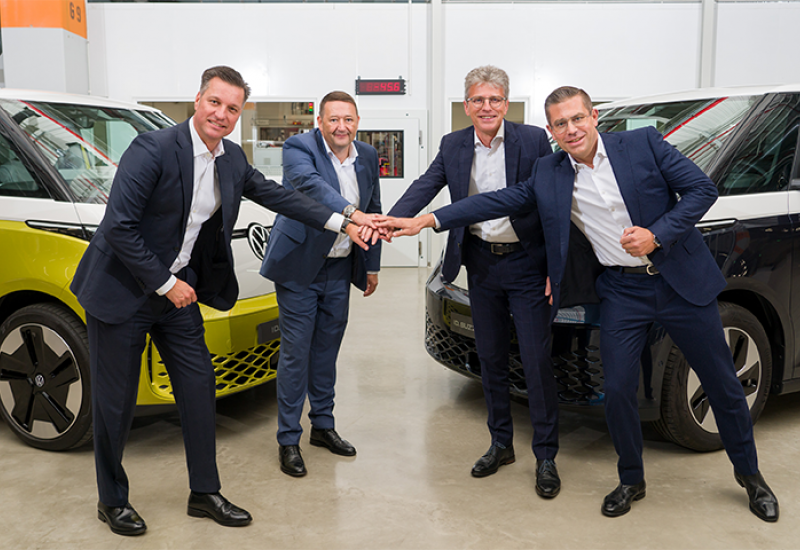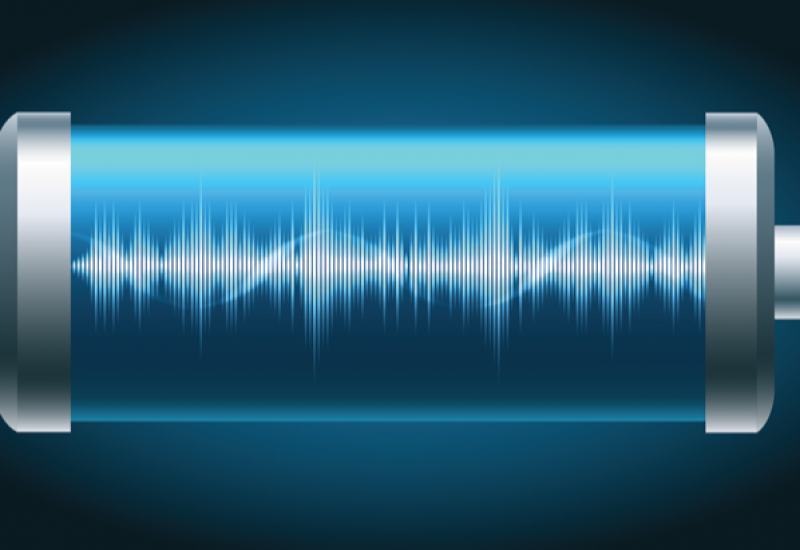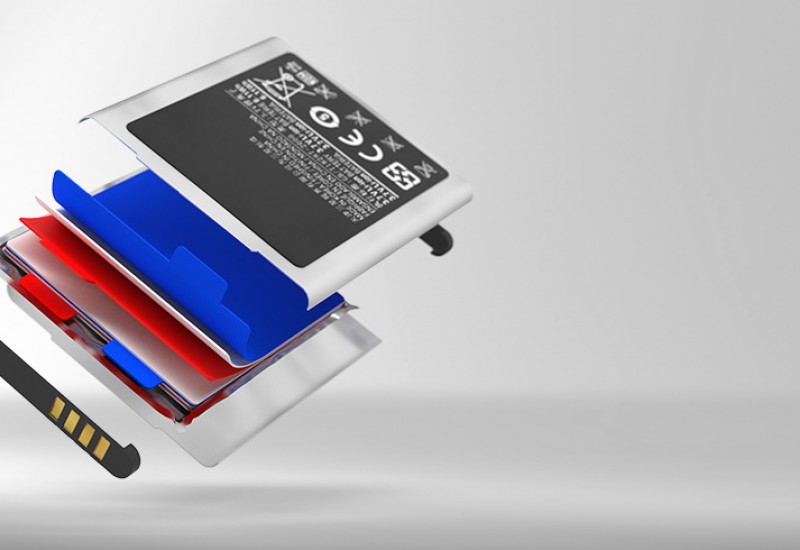Posco Future M in Honda deal
Following discussions since April 2023, South Korea’s Posco Future M and Honda have reached a basic agreement on collaboration for the production of cathode materials for electric vehicle (EV) batteries in Canada. They will now begin detailed discussions with the goal of signing a joint venture agreement before the end of 2024.



